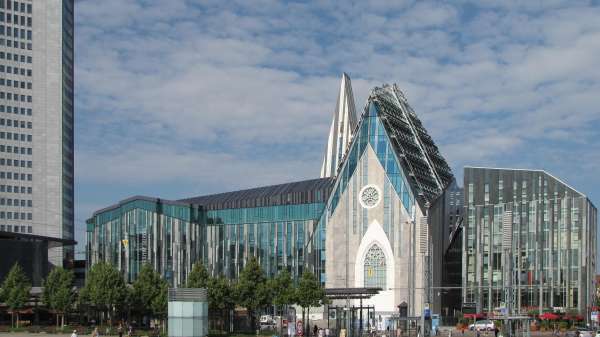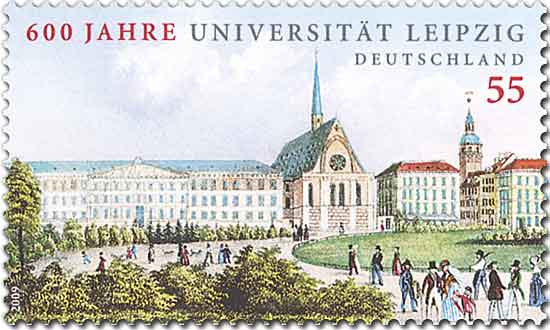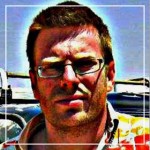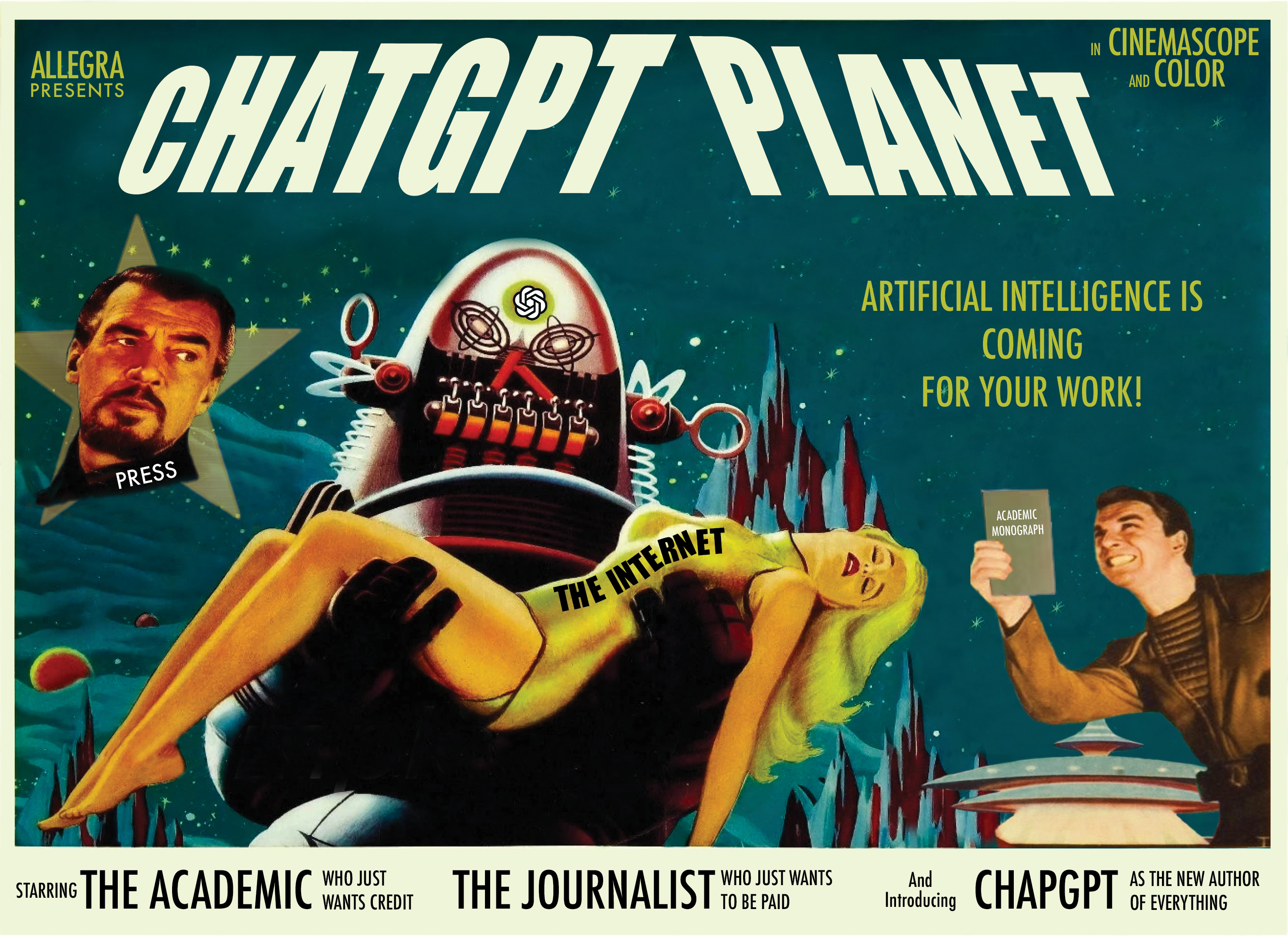The institute of anthropology was founded in November 1914 as “Sächsische Forschungsinstitut für Völkerkunde” (Saxonian Research Institute for Ethnology). It was the first anthropological institute in the sphere of German-speaking academia. Typically for the time, the director of the anthropological museum was also the director of the institute, at least for some years, until both positions were separated in 1927.
The institute of anthropology celebrated its hundredth anniversary in November 2014 with a series of events over two days (6th and 7th November) at the institute and the museum in Leipzig. The current director, Prof. Ursula Rao (director since 2012) together with the staff at the museum, and assisted by students and members of the institute and in close cooperation with the director of the public art collections in Saxony produced an exhibition entitled “On the Knowledge of Objects. Ethnologic Constellations”. Its focus is on the relationship between anthropology and anthropologists and anthropological objects, how perspectives are generated and what kind of knowledge is produced. A second major part of the centennial celebrations were several lectures and a symposium. The lectures by Dr. Katja Geisenhainer and Prof. Streck dealt with the variegated history of the institute and anthropology as a discipline in Leipzig. The symposium focused on the “future of anthropology”. These oral presentations were complemented by two publications: an edited volume on “100 Jahre Institut für Ethnologie der Universität Leipzig: Eine Anthologie seiner Vertreter” edited by Katja Geisenhainer, Lothar Bohrmann, and Bernhard Streck, and a special issue in the Zeitschrift für Ethnologie (the oldest still existing anthropological journal) on “Current Debates in Anthropology” edited by Ursula Rao.
The presenters at the symposium, Prof. Patrick Eisenlohr (Göttingen), Prof. Julia Eckert (Bern) and Dr. Andrea Behrends (Halle), as well as the discussant Dr. Katharina Schramm (Halle), were so kind to make their papers available in German, with English abstracts, for online publication. In this brief introduction, I will highlight some key topics of these presentations and of some of the contributions to the special issue on “Current Debates”.
Lectures on history
Given the occasion, the celebrations combined critical reflections about the past and the future of anthropology. On the first day (6th November), particular attention was paid to the history of the institute in Leipzig. Geisenhainer and Streck dealt in-depth with the different periods and their academic but also political characteristics. During the late imperial period and the Weimar Republic, the academic focus was on evolutionary theory and the understanding of the cultural (pre-)history of mankind. Politically, the idea to regain colonies, which Germany had lost in the wake of the first world war, stood in the foreground. Under Prof. Otto Reche, who was a physical anthropologist and headed the institute between 1926 and 1945, anthropology in Leipzig became strongly influence by Nazism and racial ideology. During the decades of the German Democratic Republic (GDR), much of the research at the institute concentrated on economic anthropology and pre-capitalist modes of production in different parts of the world.
Politically, anthropology in Leipzig was committed to the anti-imperialist struggle. In 1994, a new era began with Prof. Streck, who established a strong focus on the history of the discipline and on Tsiganology/Romani Studies. Currently, since Prof. Rao took over the chairwomanship of the institute in 2012, ideas about the anthropology of institutions, anthropology of the future and visual anthropology and materiality are taking shape. In retrospect, one can say that theory building in Leipzig transformed from historical speculation, which mainly was deductive (during much of the 20th century) to inductive approaches based on empirical research in more recent years. It is a particularity of the institute in Leipzig that during the decades of Nazism and socialist seclusion, field research was hardly possible for anthropologists teaching and learning there. Many studies produced at the institute were based on meticulous literature research. This changed only from the early 1990s onward. This is also when more reflexive approaches to anthropology finally found their way to Leipzig.
Consequently, dealing with the discipline’s history and, at the same time, thinking about appropriate locations and methods of anthropological research became a central aspect of the work at the institute. Some of these issues, particularly the question about the methods of anthropology and the task of the discipline in the 21st century lay at the heart of the special issue edited by Prof. Rao and the presentations and discussions at the symposium.
On the symposium
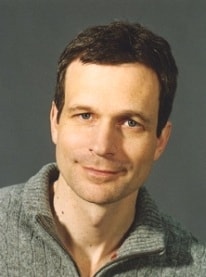
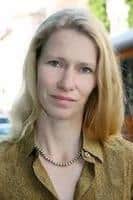

This kind of translation, of course, is tied to a high level of trust and intimacy between researcher and researched. Behrends also highlighted settings, such as the research among repressive and sometimes brutal state organs, in which options for collaboration and translation are limited.
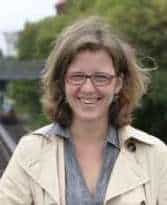
From my perspective as a lecturer at the institute, I can confirm that the occupation of the presenters at the symposium with methods and questions of valid critique are fully in line with the concerns of many of the students of anthropology in Leipzig today. There is an urge to learn about “our world” and “apply” anthropological knowledge to make a difference.
This pro-activist and critical stance can be seen as a “hallmark” of anthropology students. But the presenters remind us that a valid critique is related to careful rethinking of our discipline’s (and other disciplines’) histories and to allow for multiplicity and polyvalence instead of simple and clear judgments.

